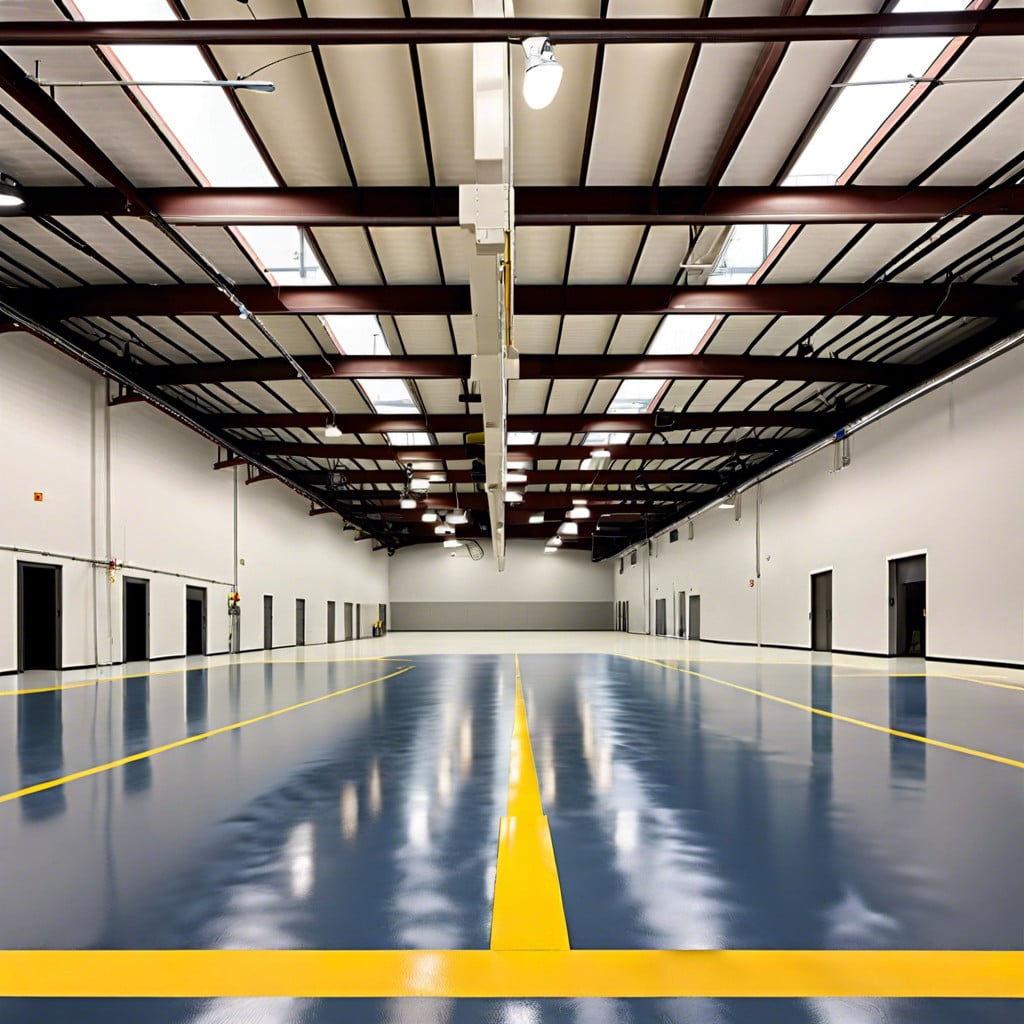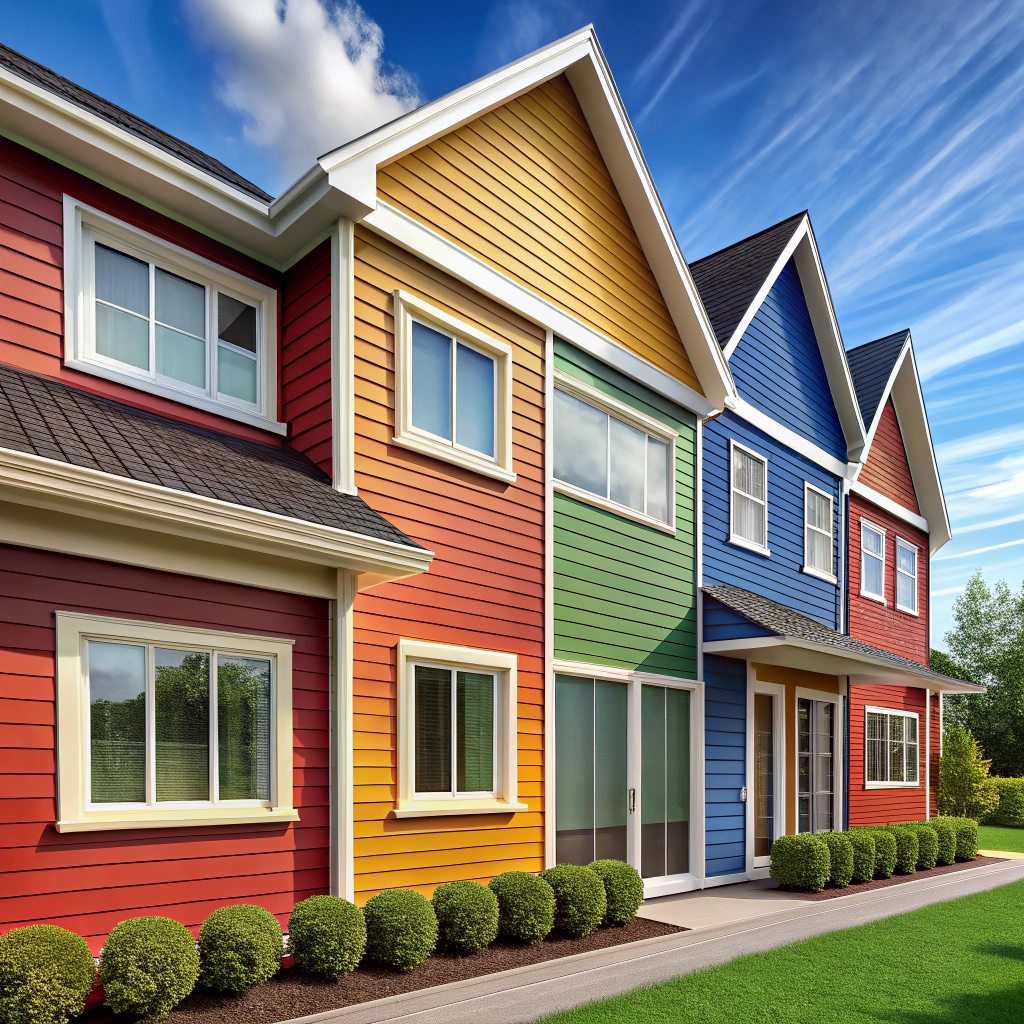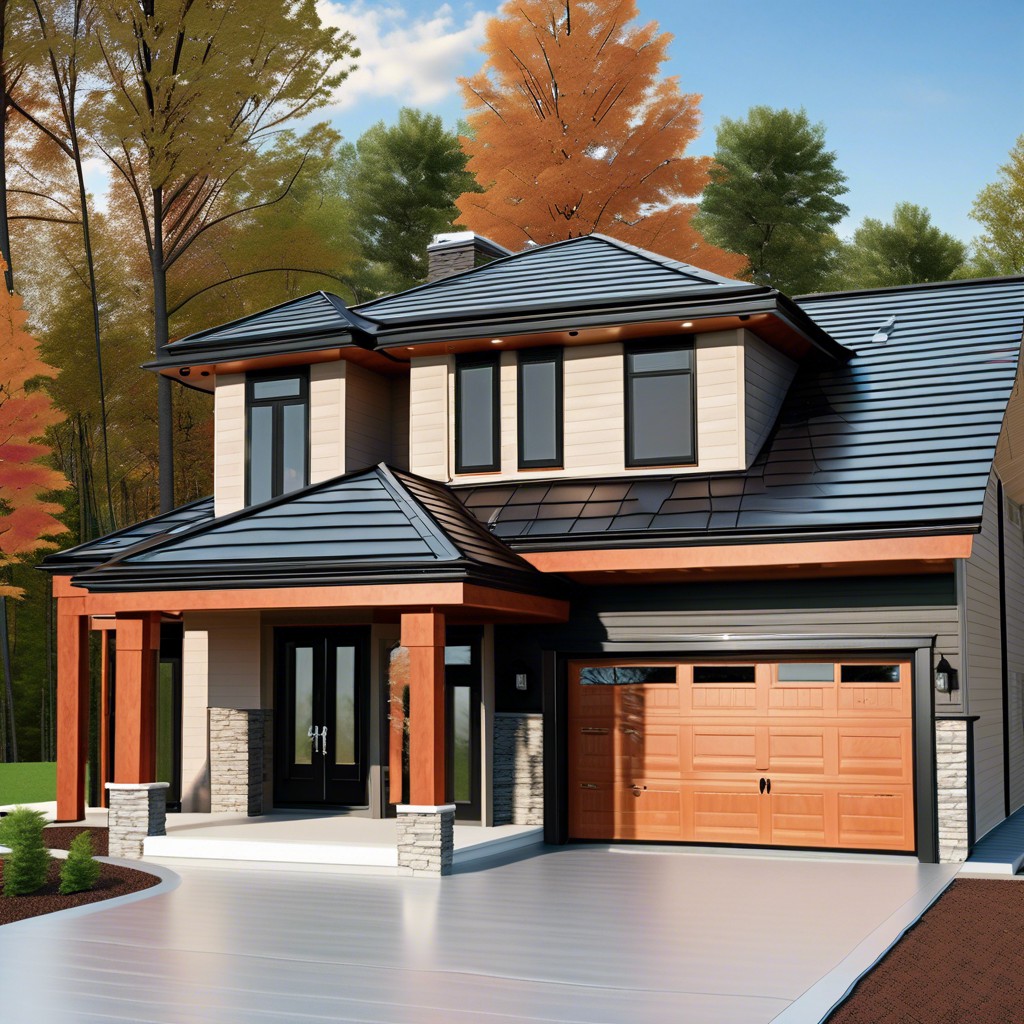Learn about the benefits and applications of Arizona polymer flooring, a durable and versatile option for both residential and commercial spaces.
Key takeaways:
- Arizona Polymer Flooring (APF) offers durable and versatile flooring solutions.
- APF’s polymer flooring systems are designed to withstand extreme temperatures and resist chemical spills.
- Polymer flooring in Arizona climate provides UV resistance, elasticity, and low maintenance.
- APF’s polymer flooring is used in various sectors including industrial warehouses, healthcare facilities, and retail spaces.
- Consider factors like traffic intensity, chemical exposure, and aesthetics when selecting a polymer flooring system.
Overview of Arizona Polymer Flooring

Arizona’s architecture is often faced with unique challenges due to its hot climate and desert conditions. To meet these demands, Arizona Polymer Flooring (APF) systems are designed to provide durable, versatile, and aesthetically pleasing solutions for a variety of spaces, from industrial settings to residential areas.
These flooring systems leverage polymer science to create surfaces that can withstand extreme temperatures, resist chemical spills, and minimize wear from high traffic. They come in different types, including epoxy, polyurethane, and polyaspartic coatings, each offering distinct advantages such as enhanced strength, fast curing times, or UV stability.
Easy to customize, APF can be tailored in color and texture to fit any design vision, making it a practical choice for those looking to combine functionality with style.
Characteristics and Benefits of Polymer Flooring in Arizona Climate
Polymer flooring thrives in Arizona’s unique environment. The high temperatures and significant exposure to sunlight demand a floor that can resist UV damage, ensuring color and performance stay consistent over time. Polymer floors fulfill this need with a natural resistance to UV radiation.
Furthermore, Arizona’s dry climate puts materials under stress due to low humidity levels and occasional temperature extremes. Polymer flooring offers elasticity and tensile strength, which means it expands and contracts without cracking or deteriorating making it ideal for coping with these conditions.
Dust and sand can also be concerns in Arizona, potentially scratching and wearing down flooring surfaces. Luckily, polymer floors come with a seamless, nonporous surface that is simple to clean, reducing the accumulation of dust and sand, and keeping maintenance costs low.
Moisture can also pose a threat during Arizona’s monsoon season. Polymer flooring systems are often water-resistant, protecting the substrate from moisture damage, which is essential during bouts of increased rainfall.
The energy efficiency of polymer flooring is another tangible benefit. Certain types are designed to reflect sunlight and heat, helping to keep buildings cooler and reducing the need for air conditioning, an important feature given the area’s high temperatures.
Lastly, these floors offer versatility in design with a wide range of colors and textures, providing aesthetic appeal that can enhance any residential, commercial, or industrial space in Arizona.
Applications of Arizona Polymer Flooring in Construction
Polymer flooring systems offer versatility across various construction sectors in Arizona, particularly adept at withstanding the state’s fluctuating temperatures and intense sunlight. Here are some common applications:
- Industrial Warehouses: These spaces benefit from polymer coatings that resist heavy traffic and impact, mitigating wear and tear on the concrete substrate.
- Healthcare Facilities: The seamless nature of polymer floors prevents bacterial growth, making them ideal for maintaining sterile environments.
- Educational Institutes: With customizable colors and patterns, polymer floors deliver both durability for high-traffic areas and design flexibility for aesthetically pleasing learning spaces.
- Food and Beverage Industries: Non-porous polymer systems in these environments aid in spill containment and ease of cleaning, crucial for hygiene compliance.
- Aeronautical Hangars: Here, the chemical resistance of polymer flooring protects against fuel, oil, and other corrosive materials often present in these settings.
- Retail Spaces: The customizable, visually appealing finishes of polymer flooring make it suitable for retail spaces that experience constant foot traffic while seeking to maintain an attractive interior.
By employing polymer flooring, Arizona constructions gain not only a durable foundation but also the opportunity to enhance the functional and aesthetic qualities of their spaces.
How to Select the Appropriate Polymer Flooring System
Choosing the right polymer flooring system hinges on understanding specific needs and environmental conditions. Consider these factors:
1. Traffic Intensity: Evaluate the expected foot and vehicular traffic. Heavier traffic necessitates more durable systems like epoxy or polyurethane.
2. Chemical Exposure: Determine the types of chemicals the floor will be exposed to and select a material with appropriate resistance to prevent degradation.
3. Temperature Fluctuations: In areas with high temperature variances, the flooring must withstand expansion and contraction without cracking.
4. UV Exposure: For spaces that receive ample sunlight, UV-resistant coatings are crucial to prevent discoloration and maintain the floor’s integrity.
5. Aesthetics and Function: Decide on the desired finish, as options range from high-gloss to matte, with various textures to enhance the safety and appearance of the space.
6. Eco-Friendliness: If sustainability is a priority, look for low VOC (volatile organic compounds) emitting options.
By scrutinizing these aspects, you can narrow down choices and select a polymer flooring system tailored to the unique demands of your project.
Maintenance and Longevity of Polymer Flooring Solutions
Polymer flooring solutions offer a durable and long-lasting option for those looking to invest in quality flooring. With proper care, these floors can remain in excellent condition for many years, even in high-traffic areas.
Here are some maintenance tips to help ensure the longevity of your polymer flooring:
- Regular Cleaning: Sweep or vacuum the floor daily to remove dust and dirt. For deep cleaning, use a mild detergent and water, making sure to thoroughly rinse and dry subsequently.
- Immediate Spill Cleanup: React promptly to any spills by wiping them up with a clean cloth to prevent stains and slips.
- Protective Measures: Place doormats at entrances to minimize the amount of dirt tracked onto the flooring and consider using protective pads under heavy furniture to avoid scratches.
- Avoid Harsh Chemicals: Steer clear of abrasive cleaners and chemicals that could damage the floor’s surface.
- Professional Inspection: Schedule periodic inspections with a flooring specialist to catch any potential issues early on, ensuring they are dealt with swiftly to prevent further damage.
By following these guidelines, your polymer flooring will maintain its appearance and functionality, serving your space effectively over time.
Recap




